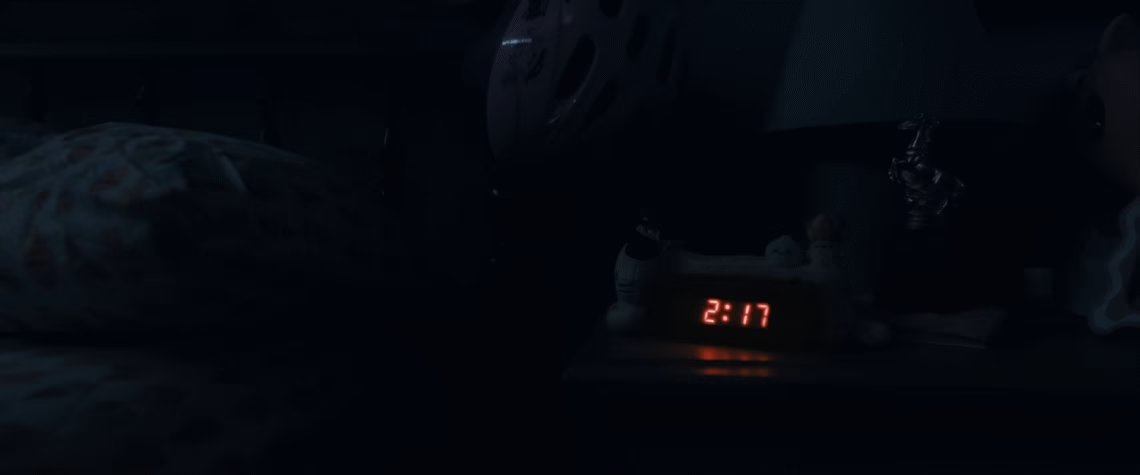With his 2022 directorial debut, Barbarian, Zach Cregger established himself as a master of the unexpected—a filmmaker who blends bone-chilling horror with dark humor and narrative sleight of hand.
His highly anticipated follow-up, Weapons, continues and expands upon this trend, delivering a sprawling, nonlinear ensemble piece that is as ambitious as it is unsettling.
Much like its predecessor, Weapons oscillates between a suburban drama, a folk horror mystery, and a pitch-black comedy with unnerving realism, refusing to be easily categorized.
The film’s premise is captivating: In the small, seemingly idyllic town of Maybrook, Illinois, seventeen children from the same classroom mysteriously vanish in the middle of the night.
The only child left behind is a young boy named Alex. This singular, inexplicable event sets the stage for a fragmented, increasingly frantic narrative as Cregger shifts perspective among a handful of flawed yet relatable characters.
We follow a grieving father consumed by his search for answers, a guilt-ridden police officer wrestling with his demons, and other community members reeling from the shock.
This structure is one of the film’s greatest strengths, creating a sense of collective disorientation and dread.
We are given small pieces of a larger, terrifying puzzle, but the whole picture remains tantalizingly out of reach until the end.
One of the most praised aspects of Weapons is its command of tone.
With his sketch comedy background, Cregger finds moments of genuine, uncomfortable humor in the absurd events that unfold.
The characters’ reactions to the horrifying situation feel oddly authentic—often a mix of intense fear and everyday frustration.
This naturalistic approach keeps the film from becoming a bleak, melodramatic slog. Instead, the humor acts as an emotional release, a crucial component that makes the sudden, jarring moments of pure horror even more effective.
The cast fully embraces this tonal complexity, featuring standout performances by Julia Garner, Josh Brolin, and Alden Ehrenreich.
They portray their characters so profoundly that their flaws and questionable decisions feel earned.
Beyond the initial mystery, Weapons explores several deeper themes without getting bogged down in preachy exposition.
The film subtly examines the corrosive nature of grief, the breakdown of a community in the face of tragedy, and the deeply ingrained evils that can haunt a seemingly perfect American suburb.
I have noted its allegorical layers and drawn parallels to addiction and collective societal anxieties about the safety of our children.
The film’s title is key to unlocking its meaning as the narrative slowly reveals how people, even children, can be weaponized for selfish ends.
While grotesque and shocking, the central horror element serves as a powerful metaphor rather than a mere scare tactic.
The finale of Weapons is sure to be a significant talking point. It delivers an extraordinary and violent conclusion that may not satisfy every viewer.
The bold choice doubles down on the film’s chaotic, fairy-tale sensibilities.
While some may find the resolution hokey or uninspired, it feels like a logical—albeit bizarre—culmination of the film’s specific brand of madness.
Ultimately, Cregger is more interested in creating a raw, emotional experience that will stick with you long after the credits roll than in providing a clean, logical explanation.
In short, Weapons is an ambitious and confident horror film with a unique narrative structure and a masterful balance of horror and dark comedy.
It demands your full attention, rewards careful viewing, and offers plenty to discuss afterward.
It proves that Barbarian was no fluke and establishes Zach Cregger as a unique voice in modern genre filmmaking.


